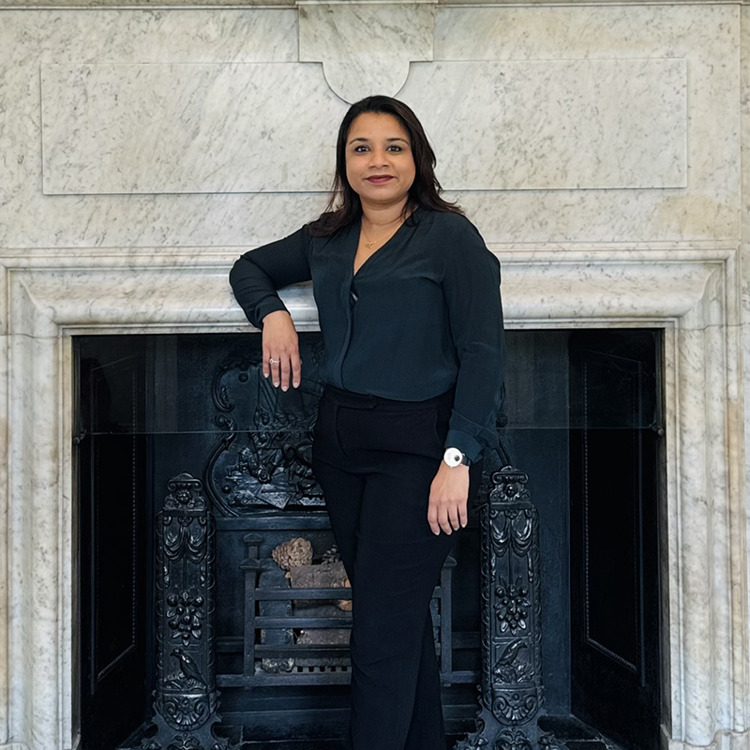Roehampton leads groundbreaking project with people experiencing street homelessness

Recent research findings from Dr Melissa Jogie, Associate Professor in The School of Education at the University of Roehampton, have recently been featured extensively across the BBC.
Following inclusion in the exclusive British Academy Summer Showcase, the research findings attracted the attention of the broadcaster who sent journalist Harry Low to campus to meet Dr Jogie and talk about her research.
Watch the interview on BBC London here and listen to the radio segment here.
The research has also been covered in the Big Issue.
Dr Jogie said: “I’m delighted to contribute an innovative approach that sheds new light on us understanding this difficult and complex social issue. Homelessness is a challenging issue at a global level, such that the United Nations is now considering the inclusion of homelessness as an indicator within the Sustainable Development Goals (SDGs). I am proud my work can contribute positively to providing better support and care for this community.”
About the research project
The research project gathered three months of continuous geographic data on the street homeless population in the London Borough of Sutton to improve insights into how to support them – in the first study of its kind.
Partnering with charity Sutton Night Watch and funded by the British Academy, Dr Jogie used Geographic Information System (GIS) software to generate a much-needed evidence base for how people who are street homeless move through the borough, in a bid to improve local support services and tailor them according to need.
Nine anonymous people who are currently street homeless in Sutton agreed to wear the trackers continuously for three months, starting at different times between August 2023 to February 2024, giving researchers insight into where they sleep, the areas they avoid due to risks of violence or theft, how long they stay in a location, as well as how their movements changed with the weather.
Dr Melissa Jogie said: “Many street homelessness support services are designed based on best guesses; people accessing these services are often so tired from their time on the street that they can’t speak. And much research into street homelessness doesn’t directly involve the people with lived experience, due to the difficulty reaching and building trust with these communities, who are ostracised and face prejudice.
“I wanted to be able to see the participants’ physical journeys to better understand how and where to provide services to help them. What became clear through my research is that the daily burden of the choices they face are complex and exhausting. We need to invest in more innovative research methods that make direct contact with people who are street homeless, so we can understand the challenges they face, and design better services and preventative measures to support them.”
Findings from the research will be available to read soon and can be accessed through the project website.
